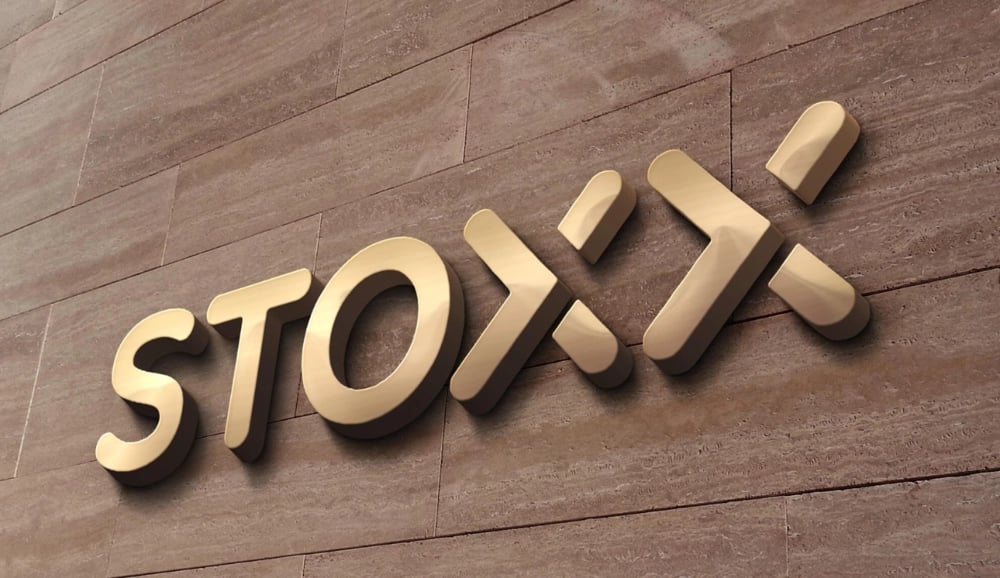European Stocks Retreat Amid Middle East Escalation
European equities opened sharply lower on Friday as geopolitical tensions escalated following Israel’s early morning strikes on Iranian territory. The broad-based STOXX Europe 600 $^STOXX index fell 1%, with red dominating across nearly all sectors. Only the energy complex, buoyed by rising crude prices, remained in positive territory. The intensification of conflict in the Middle East renewed investor anxiety, triggering a defensive rotation away from risk assets. Equity markets across Europe reacted swiftly to the overnight developments, reflecting heightened sensitivity to geopolitical shocks in a macro environment already challenged by interest rate uncertainty and subdued economic momentum.
Country Benchmarks Reflect Regional Risk-Off Sentiment
The losses were widespread across major European stock markets, with blue-chip indices registering pronounced declines in early trading. Germany’s DAX index dropped 1.4%, underperforming regional peers amid a selloff in cyclical and industrial stocks. France’s CAC 40 slid 1.1%, while the UK’s FTSE 100 dipped 0.5% following its recent record-setting rally. The divergence in magnitude reflects relative sectoral compositions: the FTSE 100’s $^FTSE resilience is partially attributable to its overweight exposure to energy and commodity-linked names, which outperformed amid surging oil prices. Conversely, export-heavy German equities remain vulnerable to external geopolitical disruptions, particularly those affecting global trade and energy flows.

Oil Prices Spike as Supply Risks Intensify
Brent crude futures advanced over 3% on Friday, breaking above $90 per barrel for the first time in weeks, while WTI rose in tandem. The escalation has raised fresh concerns over the security of energy supplies in a region accounting for a significant share of global oil output and maritime transport. Market participants are now pricing in elevated geopolitical risk premiums, which could pressure inflation expectations across developed markets.
The spike in energy prices also contributed to sectoral divergence within equities. Oil and gas names saw moderate gains, contrasting sharply with steep declines in consumer discretionary, travel, and banking sectors, which tend to underperform during episodes of geopolitical volatility.

Market Reactions by Sector
The sectoral breakdown of the STOXX 600 index underscores the defensive posture adopted by investors:
Oil & Gas: Benefited from crude price rally; one of the few gainers.
Consumer Discretionary: Declined amid risk-off sentiment and oil-related cost concerns.
Industrials: Fell on fears of disrupted global supply chains.
Banks: Weakened on declining bond yields and growth uncertainty.
Technology: Pulled back with broader risk assets.
Travel & Leisure: Dropped as geopolitical risk dampens sentiment in mobility-related segments.
This rotation highlights classic market behavior in response to geopolitical shockwaves—favoring resource-linked defensives while avoiding growth-sensitive and cyclical names.
Broader Implications for European Markets
The reaction across European bourses underscores the fragility of investor sentiment in the face of geopolitical shocks. With monetary policy tightening cycles nearing an inflection point and economic data sending mixed signals, any exogenous catalyst—such as military escalation—can provoke outsized short-term volatility. Unless tensions de-escalate swiftly, market pricing may begin to reflect a sustained geopolitical risk premium, with particular implications for inflation, energy policy, and defensive asset flows. Safe havens such as gold $XAUUSD and sovereign bonds may continue to attract capital in the interim, particularly if energy supply chains are further destabilized.















Comments